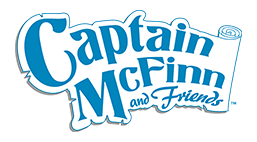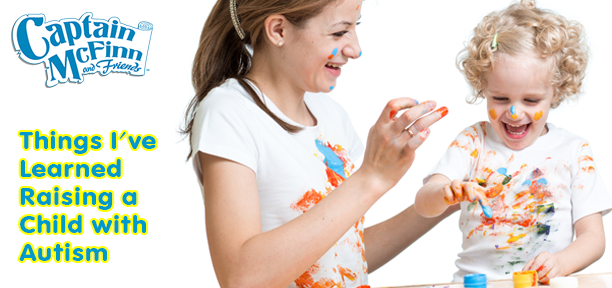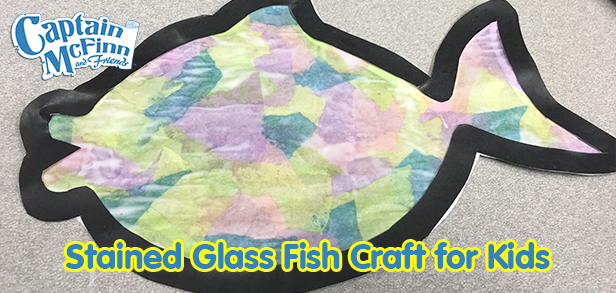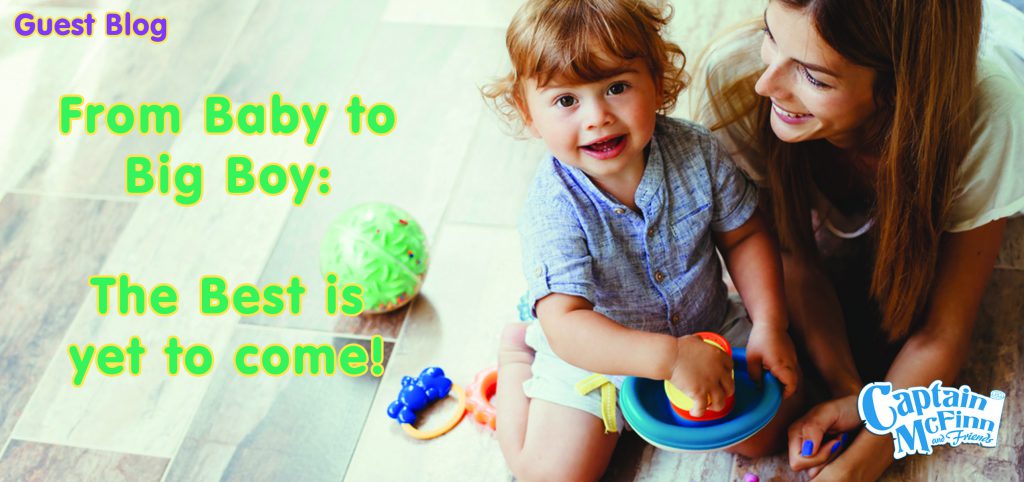
Children do a lot of growing and changing during their younger years. Their bodies grow, social skills and relationship develop and they learn life skills like limits, moderation and likes and dislikes. During this time, emotional development is also an important part of growth. The earliest stages of emotional development involve recognizing what feelings and emotions are, as well as acknowledging their own feelings and developing ways of managing them.
Young children have strong emotions, but often lack the developmental skills to understand and control them. The ability to identify feelings has been linked to lower levels of aggression and stronger signs of empathy. Children learn how to communicate better with those around them and can decrease instances of tantrums and outbursts when they know what and why they’re feeling a certain way.
With stories, we can teach them to name their feelings in a safe way. Using characters in picture books, talk to your children about specific feelings. As you read, ask your child questions about the characters that go through recognition, acknowledgement, and management.
Recognition Examples:
- What was Bella feeling when Captain McFinn got stuck?
- What face did Inky make when Tox bullied the crew?
- What would a “happy” face look like on Captain McFinn?
Acknowledgement Examples:
- Do you ever feel like Bella?
- How did Captain McFinn getting stuck make you feel?
- What are you feeling right now?
Management Examples:
- How did Tox handle his emotions?
- Was that the right way or the wrong way?
- How would you handle that emotion if it were you?
Another idea to recognize emotions is to re-read passages in the story using different voices. For instance, read a sad character with an angry voice. When you’re finished, ask your children what emotion you were portraying to see if they can distinguish between tone and emotional recognition. Make the exercise a game, asking your children to use your facial expressions, body language, and tone to guess the feeling. This type of story role-playing is also critical for social development and allows you the opportunity to set examples and be a role model.



